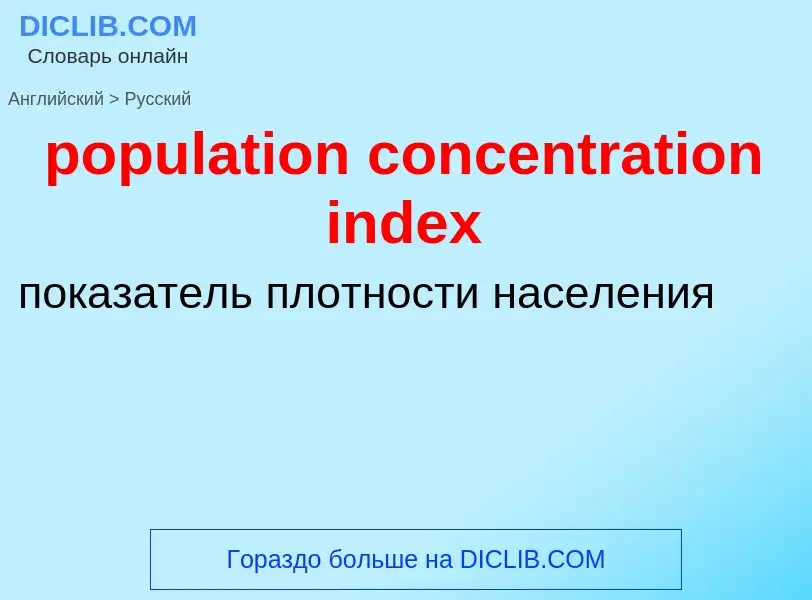Vertaling en analyse van woorden door kunstmatige intelligentie ChatGPT
Op deze pagina kunt u een gedetailleerde analyse krijgen van een woord of zin, geproduceerd met behulp van de beste kunstmatige intelligentietechnologie tot nu toe:
- hoe het woord wordt gebruikt
- gebruiksfrequentie
- het wordt vaker gebruikt in mondelinge of schriftelijke toespraken
- opties voor woordvertaling
- Gebruiksvoorbeelden (meerdere zinnen met vertaling)
- etymologie
population concentration index - vertaling naar russisch
Definitie
Wikipedia
Whipple's index (or index of concentration), invented by American demographer George Chandler Whipple (1866–1924), is a method to measure the tendency for individuals to inaccurately report their actual age or date of birth. Respondents to a census or other survey sometimes report their age or date of birth as a round number (typically ending in 0 and 5), or to be more culturally favorable, for example, so that they appear younger or to have been born on a date considered luckier than their actual date of birth. The process of reporting a rounded or “lucky” age is known as age-heaping.


